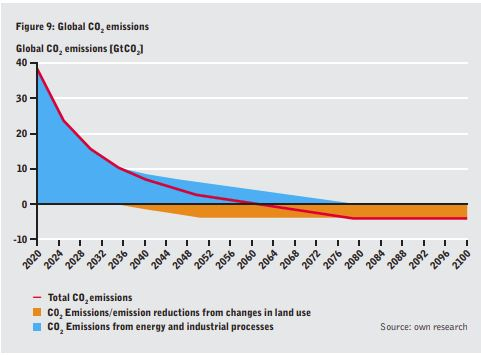
This is a powerful new intervention: a climate mitigation scenario for staying under 1.5C that does not rely on speculative negative emissions technologies. Check it out: boell.de/en/2020/12/09/…
How does it work? By scaling down excess resource and energy use in global North countries. In other words, it's a degrowth scenario. Less energy use enables a rapid transition to renewable energy. It also proposes a shift to regenerative farming to restore lands and soils.
The scenario shows that this can be accomplished while improving human well-being and providing a good life for all, in both the North and South, by reorganizing the economy around human needs rather than around capital accumulation.
Limiting global warming to 1.5C is feasible and we must demand it of our governments.
@Peters_Glen @ProfSteveKeen @KevinClimate @KTrebeck @KateRaworth and @theCCCuk you might find this useful.
And @ChiefExecCCC, I'd love to hear what you think of this, and whether there's scope for building a scenario along these lines for the UK.
• • •
Missing some Tweet in this thread? You can try to
force a refresh



